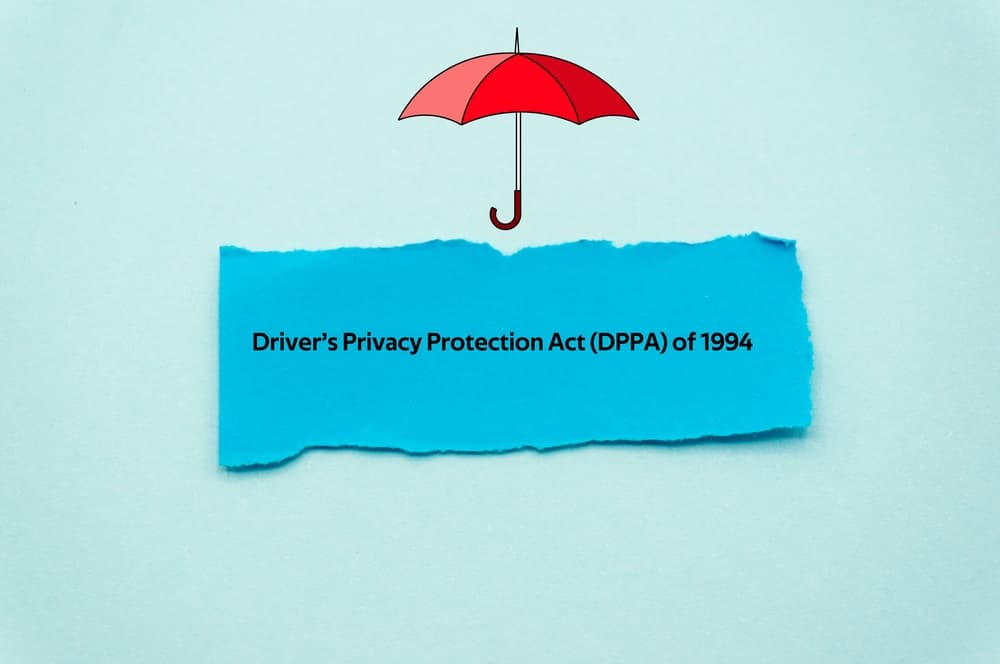One of the earliest laws relating to individual privacy is the Drivers Privacy Protection Act (DPPA), passed by Congress in 1993. Here we will be taking a look at the DPPA and why it’s important today.
If it seems like every time you turn around, you have to agree to some company’s privacy policies, that’s probably because you are.
The federal government has seriously increased the degree of privacy that people have in their own private information.
That’s why doctor’s offices and banks often send you notices and ask for your consent to use your private information.
If an individual resorts to unauthorized utilization or divulgence of your personal information, you retain the right to initiate legal action under the Driver’s Privacy Protection Act (DPPA), and potentially under supplementary legislations too. Additionally, you might qualify for monetary compensation for the damages incurred. The personal injury lawyers at Wright Gray comprehend the significance of safeguarding your private data. Our team can furnish you with informed guidance regarding the boundaries of legality and impropriety. Reach out to us without delay to avail of a complimentary case evaluation that could prove invaluable in safeguarding your rights and privacy.
What is the Drivers Privacy Protection Act?

The DPPA is generally intended to keep state motor vehicle agencies from disclosing drivers’ personal information.
Part of the reason the law was passed was to keep criminals from using private information for improper purposes.
Under most laws, private information includes information like the following:
- Social Security number;
- driver’s license number;
- street address;
- medical information; and
- banking and credit card information.
Are There Any Exceptions for Disclosing Your Information?
Under the DPPA, Louisiana’s Office of Motor Vehicles (OMV) usually cannot disclose your personal information, including your picture.
However, the law gives some valid reasons for disclosure, such as:
- police work;
- insurance company accident investigations;
- car emissions testing;
- car and driver safety and theft; and
- vehicle recalls.
Also, the OMV can always disclose information about your moving violations, the status of your driver’s license, and your accidents.
If the DPPA Has Been Violated, You May Need Legal Assistance
If someone uses or discloses your personal information illegally, you have a right to bring a lawsuit under the DPPA, (and possibly under other laws, as well). You also may be entitled to money damages. The attorneys at Wright Gray know how important your private information is to you. We can advise you about what is legal and what is not. Contact us today for a free case review.
